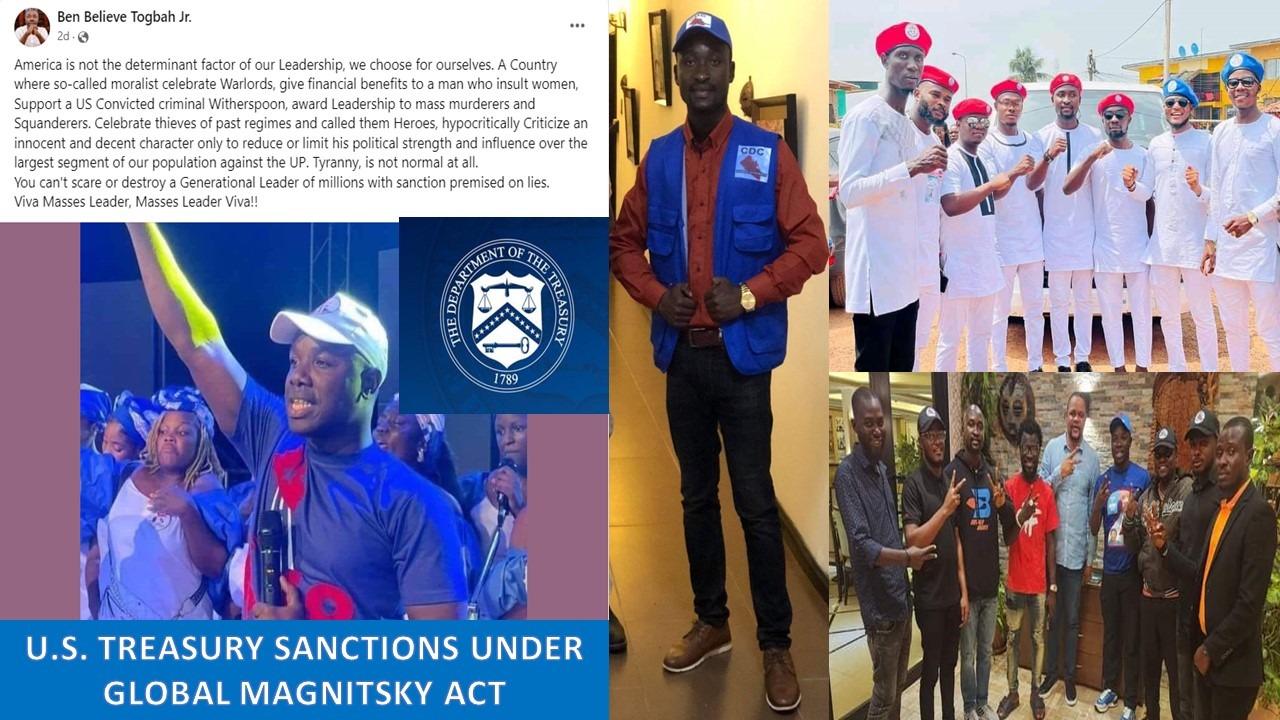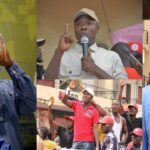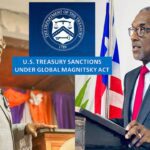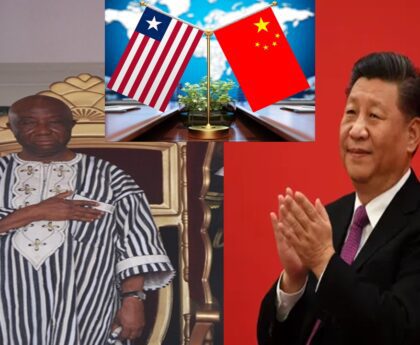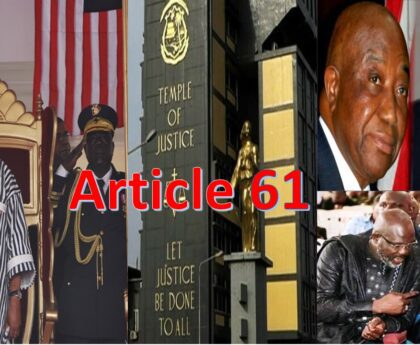In a bold statement posted on his official Facebook page, Ben Believe Togbah Jr., leader of the CDC-COP, vehemently opposed the United States government’s sanctioning of Monrovia City Mayor Jefferson Koijee. Togbah expressed his strong belief that the fate of Liberia’s leadership should be determined by its citizens rather than external powers.
Togbah emphasized, “America is not the determinant factor of our leadership; we choose for ourselves.” This assertion reflects a resolute stance on national sovereignty and autonomy in the face of external interventions. He went on to criticize what he perceives as moral inconsistency on the part of the U.S., citing instances where individuals with questionable records received support.
The CDC-COP leader accused the U.S. of celebrating warlords, providing financial benefits to those who insult women, supporting a convicted criminal like Witherspoon, and awarding leadership to individuals with a history of alleged misconduct. Togbah pointedly highlighted the contradiction of honoring figures with controversial pasts while criticizing those with no such baggage, suggesting a bias against certain political figures.
In his post, Togbah expressed concern over what he sees as the U.S. limiting the political strength and influence of Mayor Koijee over a significant portion of the population. He asserted, “You can’t scare or destroy a generational leader of millions with sanctions premised on lies.” This statement indicates Togbah’s confidence in Koijee’s resilience and popularity among the masses.
Togbah concluded his post with a rallying cry in support of Mayor Koijee: “Viva Masses Leader, Masses Leader Viva!” This phrase encapsulates his unwavering support for the mayor and his belief in the power of the people to determine their own leadership.
The Facebook declaration by Ben Believe Togbah Jr. underscores the complex dynamics of international relations and the delicate balance between external influence and national autonomy. It also sheds light on the internal political landscape of Liberia, where leaders are grappling with both domestic and foreign challenges in their pursuit of effective governance.
